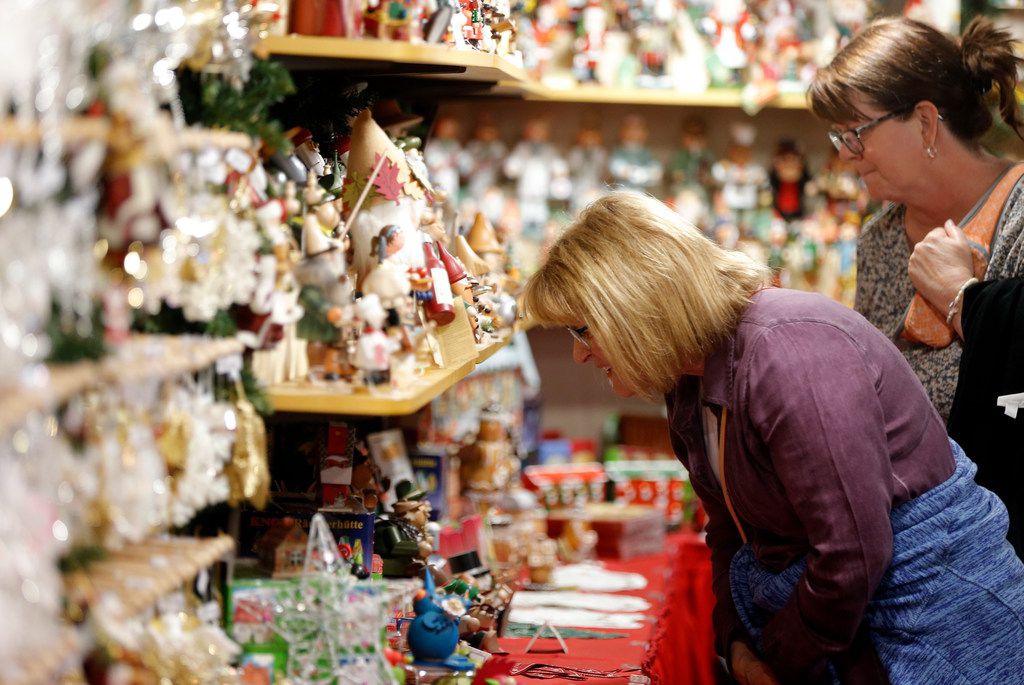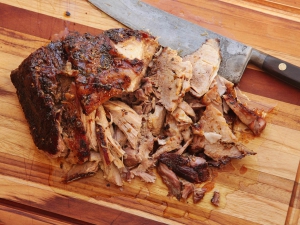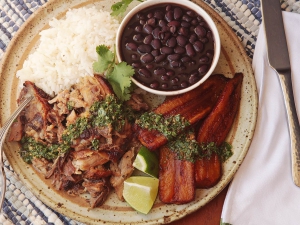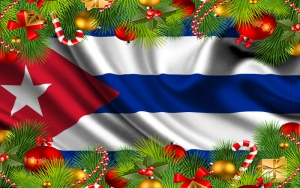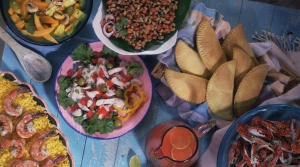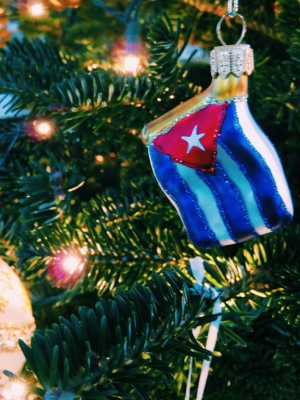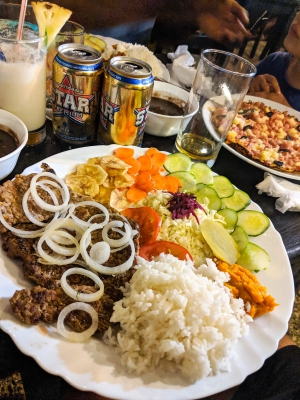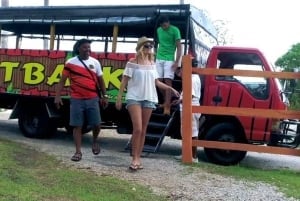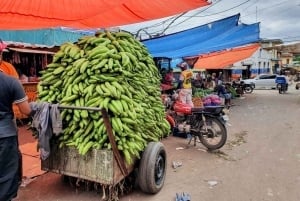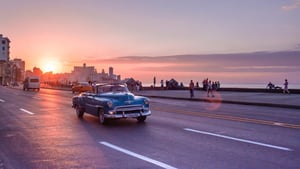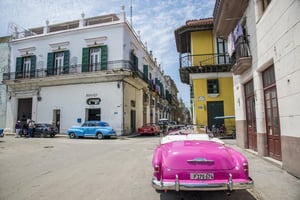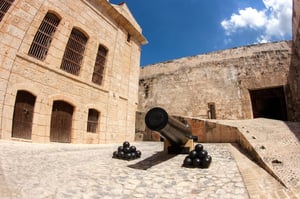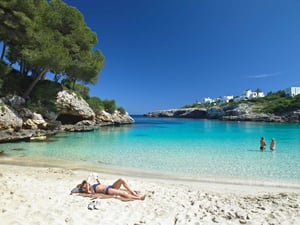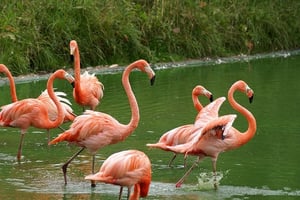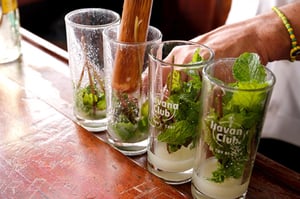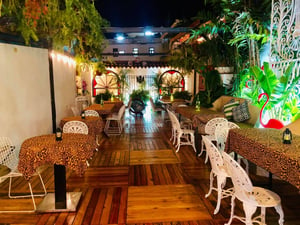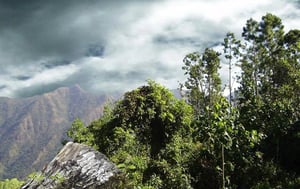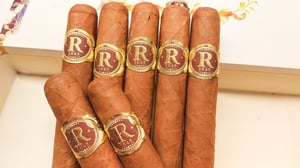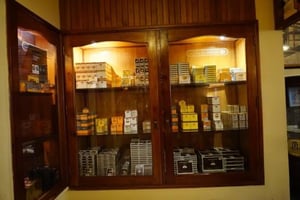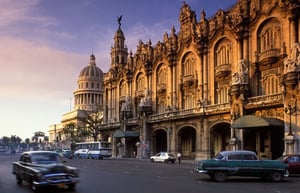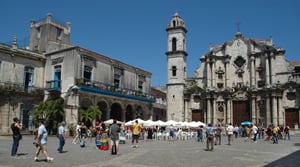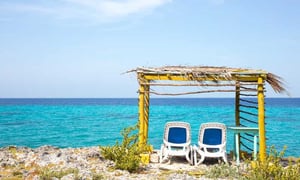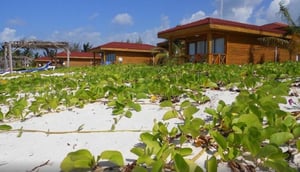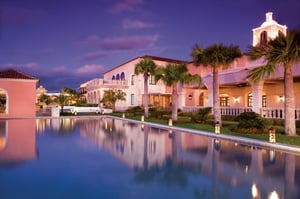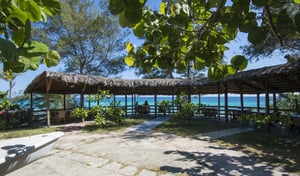Christmas in Cuba? Havana smells of roasted piglet and salsa can be heard from homes
Book Top Experiences and Tours in Cuba:
If youʻre booking your trip to Cuba last minute, we have you covered. Below are some of the top tours and experiences!- Explore Sal Island by Buggy: the Ultimate Off-Road Adventure
- Sal Island: 2-Hour Desert Adventure on 1000cc SSV Buggy
- Cartagena: 5 Islands Boat Tour with Lunch, Snorkeling, & Bar
- From Punta Cana: Higüey Guided Safari Tour
- Lanzarote: Guided Off-Road Volcano Buggy Tour
Holidays in Cuba: In Havana, fiesta and roast pig
In one of the shabby gates at Calle Habana, old Roberto looks after me on a makeshift grill for myself and my neighbors. Tourists interested in swirls of aromatic smoke coming out of the yard, can themselves turn the meat over the fire for a moment and take a souvenir photo. Of course not for free. For a foreigner on vacation, such an attraction is worth 1 CUC (exchangeable peso). December 24, the whole of Havana smells of roast pig, without him there is no Christmas Eve dinner in Cuba.
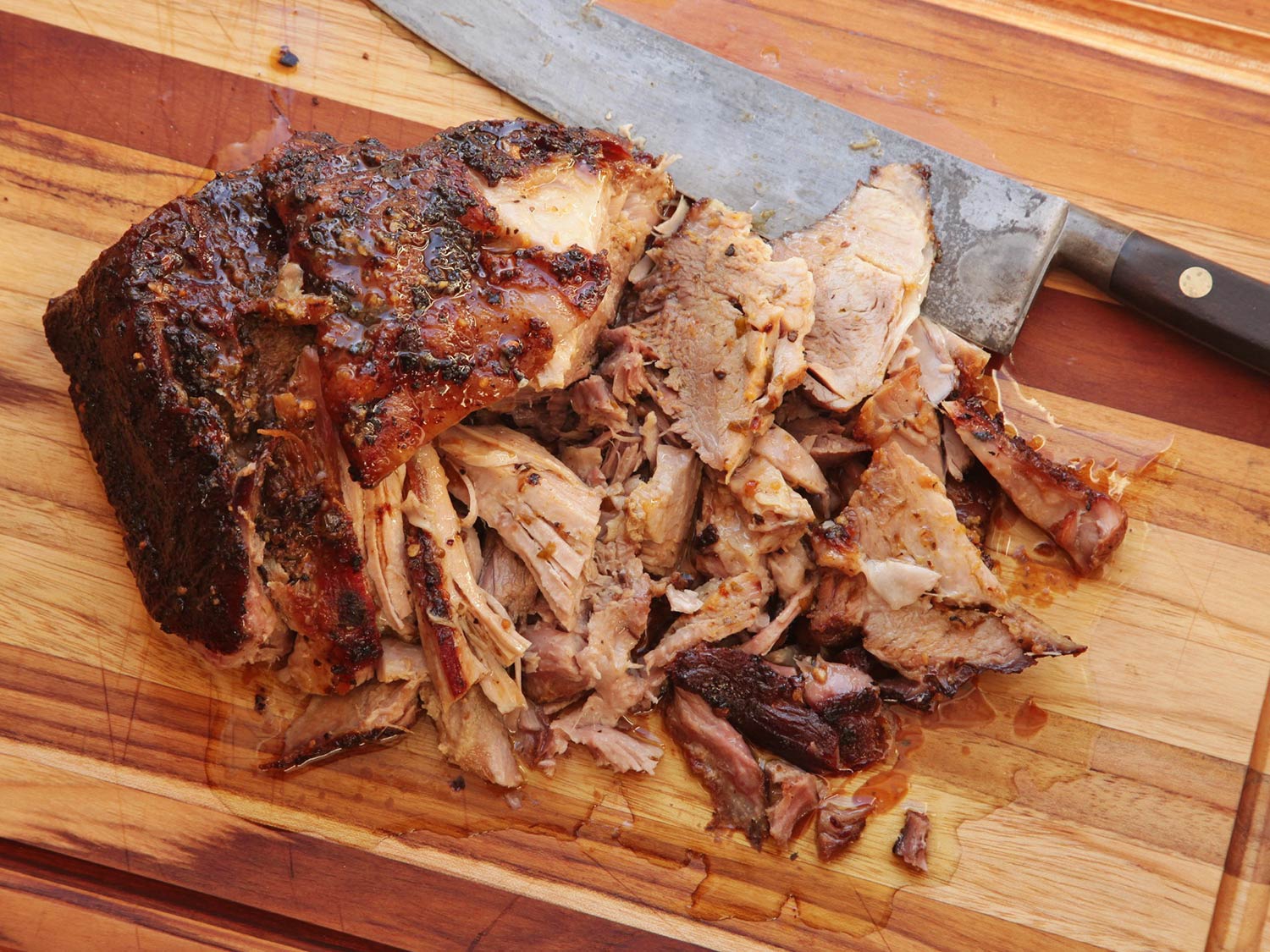
Cuban Pork Shoulder
That is why the day before, the calle Sol, which is nearby, which crowds of tourists walk on the way to the port and the Dos Hermanos bar, flowed with blood. It was here after dark that a group of young Cubans equipped with kitchen knives processed killed piglets on a table stretched out into the street. So that on Christmas Eve they could hit the grill, and then the neighbors' plates.
While during the day preparations for dinner are in full swing, and the aroma of roast piglet rises throughout the city, in the evening the fiesta begins. There is buzz and music from every home in Havana. Roberto has long closed the gate at Calle Habana in front of tourists, now only family, neighbors and friends from the area have access to the feast.
But not only grilled pork is served on the Cuban Christmas table. Must also include rice with black beans, called moros y cristianos and boiled yucca, a root reminiscent of white parsley. There are also salads made of fresh vegetables, chopped cabbage, green cucumber or tomatoes and pastries.
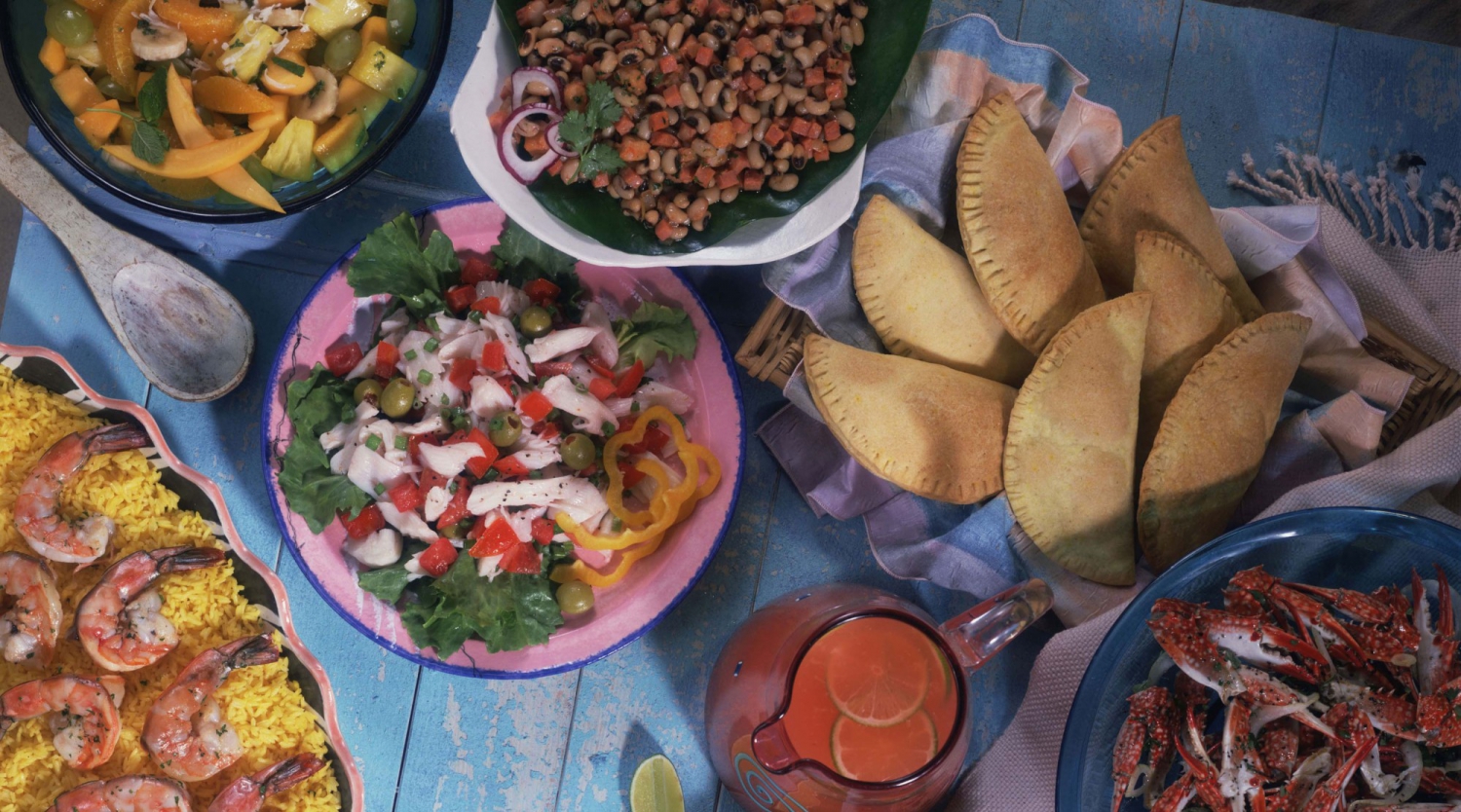
Cuban Christmas table
If shopping, then at the bazaar
Preparations for the Christmas Eve supper are not less intense here than in other countries, and the fever of pre-Christmas shopping is also given to Cubans. Insofar as basic products such as oil, rice or beans are subsidized by the state and available in so-called shops for cards, the rest of the ingredients needed for Christmas Eve dishes most often residents look for in the bazaars.
The market at calle Habana and Velazco comes to life as dawn. Passing through a narrow alley along the stalls, the smell of fresh meat laid straight on the counter, mixed with the aroma of ripe pineapples, bananas or papaya. It is crowded, and shopping dominates women. As in every other place in Cuba, loud music also plays at the market. Rhythmic salsa comes out of the loudspeakers, which gives the impression that even cutting a pork with a chopper takes place in time with the music.
Christmas carols? You can hear in the church
According to official statistics, Cubans are 70 percent Catholics. In Havana, however, it is in vain to listen to the sounds of carols. Evenings are spent with salsa and reggaeton. You can hear the most popular songs from almost every home. Practicing Catholics are estimated at only 5 percent. They cultivate the tradition of singing Christmas carols in churches.
In Iglesia Del Sagrado Corazon de Jesus in Havana Centro, a Christmas tree decorated with baubles and a traditional Christmas nativity scene are displayed every year at the entrance. It is here on Christmas Eve that the faithful gather to carol together.
New Year's Eve in Cuba. You must drive out the old year
At midnight I hear the roar of water pouring down the street from the 8th floor of a skyscraper near Malecon, a seven-kilometer long promenade along the Havana coast. It was a sign that Cubans had just said goodbye to the old year. As Yorlanda explains to me, pouring water onto the street on New Year's Eve is a tradition that aims to throw the evil spirit of the old year out of the house.


